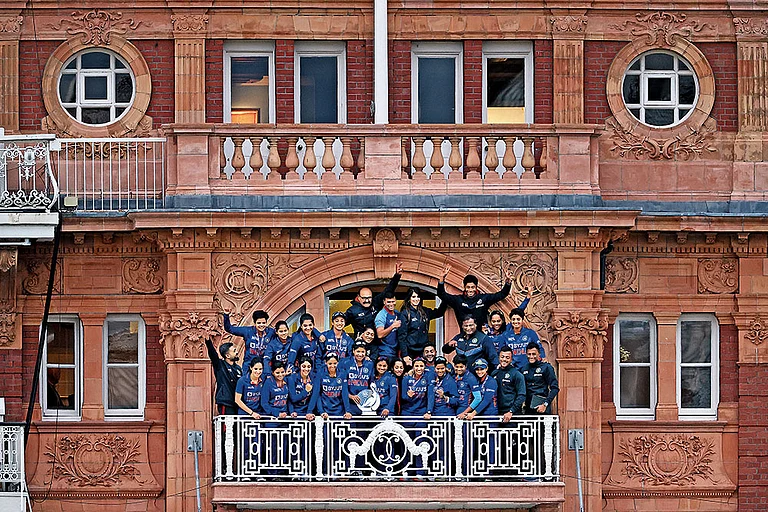A single-judge bench of the Bombay High Court has dismissed the Board of Control for Cricket in India’s (BCCI) petition challenging a ₹538 crore arbitral award granted to the owners of the now-defunct Indian Premier League (IPL) team, Kochi Tuskers Kerala. The team was terminated by India's top cricket body in 2011 due to an alleged breach of the franchise agreement.
BCCI vs Kochi Tuskers: Bombay HC Upholds ₹538 Crore Arbitral Award to Defunct IPL Team
In 2012, BCCI encashed a bank guarantee issued by the team’s owner, Rendezvous Sports World (RSW). The dispute eventually led to arbitration proceedings in 2012, where BCCI was directed to pay ₹538 crore to RSW and its venture, Kochi Cricket Private Limited (KCPL)
Following the termination, BCCI encashed a bank guarantee issued by the team’s owner, Rendezvous Sports World (RSW). The dispute eventually led to arbitration proceedings in 2012, where BCCI was directed to pay ₹538 crore to RSW and its venture, Kochi Cricket Private Limited (KCPL), which operated the IPL team.
On Tuesday, Justice R.I. Chagla ruled that the arbitrator’s findings were well-reasoned.
“The jurisdiction of this Court under Section 34 of the Arbitration Act is very limited. BCCI’s endeavour to delve into the merits of the dispute is contrary to the scope of grounds available under Section 34 of the Act. BCCI’s dissatisfaction with the findings based on evidence or merits cannot be a ground to challenge the Award,” the Court observed.
How Did the Dispute Arise?
In 2010, BCCI invited bids for two new IPL teams. RSW, a consortium led by the Gaikwad family, won the bid to launch a team based in Kochi and signed franchise agreements with BCCI. KCPL was subsequently formed to manage the team’s operations.
However, after playing just one season in 2011, troubles began for KCPL. One key issue was the franchise fee, which KCPL repeatedly asked BCCI to reduce, especially after the league format was changed that year. BCCI rejected these requests.
KCPL was also required to submit a bank guarantee—a financial security—but repeatedly delayed doing so, despite promising to comply. KCPL cited unresolved issues, such as stadium availability, delays in shareholding approvals, and the sudden reduction in the number of matches, as reasons for its inability to submit the guarantee. In September 2011, BCCI terminated the franchise and encashed the previously submitted bank guarantee.
In 2015, the arbitrator ruled in favour of KCPL, ordering BCCI to pay over ₹384 crore in compensation, along with 18% interest and arbitration costs, holding that the termination was wrongful. RSW also initiated arbitration, during which BCCI challenged the arbitrator’s jurisdiction under Section 16 of the Arbitration Act, but the challenge was rejected. BCCI then moved the court to contest the arbitration outcomes, leading to a prolonged legal battle over franchise rights and contract enforcement.
What Did the Bombay High Court Say?
The Bombay High Court rejected BCCI’s challenge to the arbitral award, ruling that the arbitrator had correctly concluded BCCI’s termination of the Kochi franchise amounted to a repudiatory breach of contract. The Court held that this conclusion, based on a proper appreciation of the evidence, did not merit interference under Section 34 of the Arbitration Act.
The Court also stated that the mere possibility of a different interpretation did not justify overturning the award. It agreed with the arbitrator’s view that BCCI, by its conduct, had effectively waived the strict requirement for furnishing the bank guarantee by March 2011.
Furthermore, the Court dismissed BCCI’s argument that RSW’s claims were barred under the Partnership Act and found no procedural fault in the invocation of arbitration. Concluding that no patent illegality or serious error had been shown, the Court allowed KCPL and RSW to withdraw the awarded amounts and granted BCCI six weeks to file an appeal.

